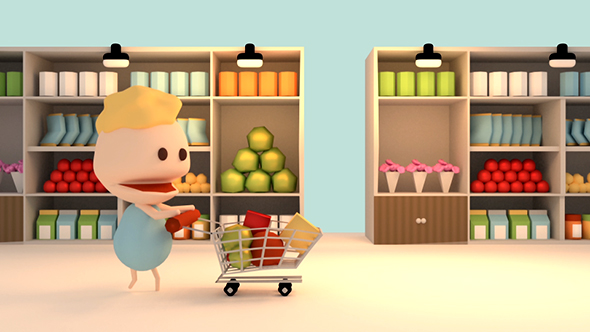When you enter the supermarket
you probably just have the items of food on your mind that you’re looking to
buy. However, in reality when you step into a supermarket, you’re actually
stepping into a carefully designed trap, full of persuasion techniques to entice
you to depart with your money. From the
invention of the 1938 shopping trolley to make larger purchases more
efficiently to the ‘race track isles’ that you have been conditioned to walk up
and down without deviation, they all contribute to art of persuasion to make
you spend more money.
You may have realised, that in
many cases the dairy products and essentials are often situated at the back of
the store, requiring one to walk all the way through the store before they can
get the quick desired items they came to buy. Not to mention, the expensive
branded items are often at eye level to catch your attention just to get that
extra pound out of your pocket. There’s even a ‘kid eye level’ so that children
can easily grab their favourite savoury goods and throw it into their parent or
carers trolley. Not to mention 2 for 1
deals and loyalty cards that supermarkets offer just to convince you put that
chocolate bar into the trolley. In the UK you often enter the supermarket on
the left and circulate to leave on the right, whereas in foreign countries you
enter on the right and leave on left…. surprisingly similar to the conditioned
side of the road you drive on in your respected country. The persuasion
techniques supermarkets implement are rather cunning. Next time you enter a supermarket, perhaps look to
see if you can identify factors supermarkets implement to change behaviour
or persuade you to buy something.


No comments:
Post a Comment
Note: Only a member of this blog may post a comment.